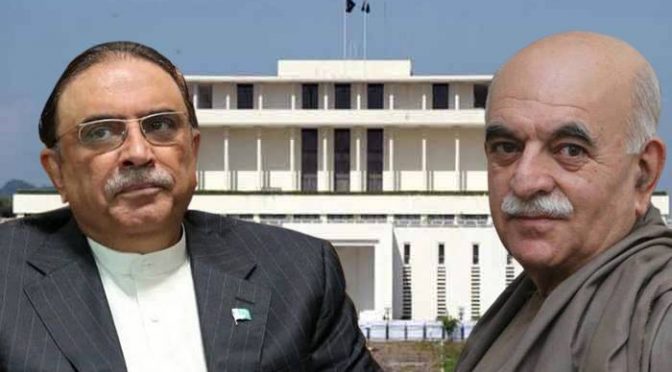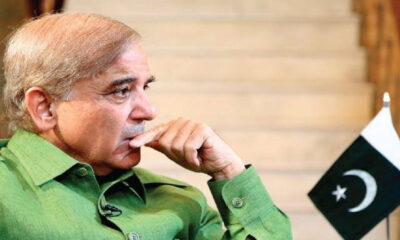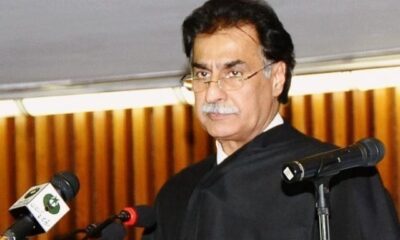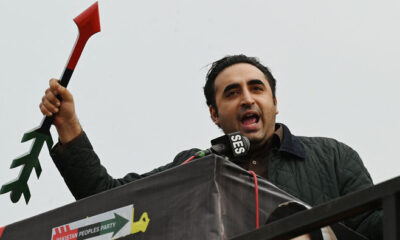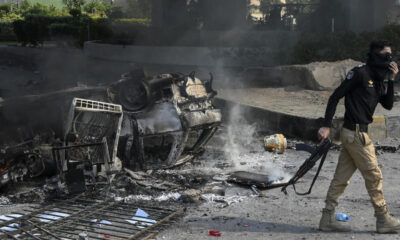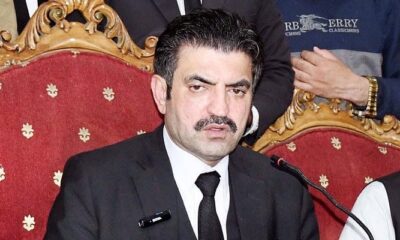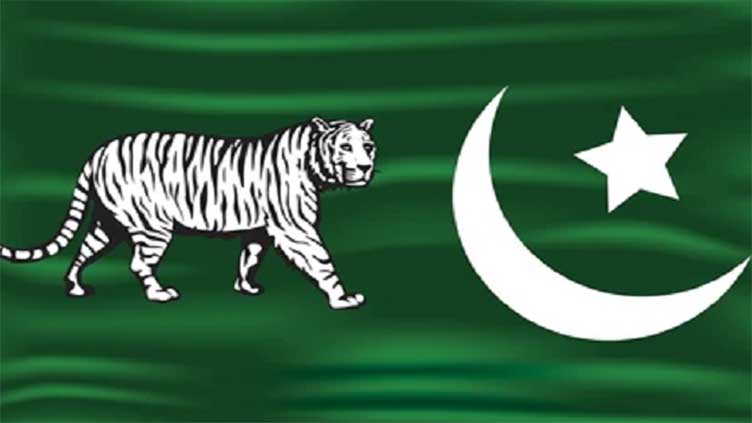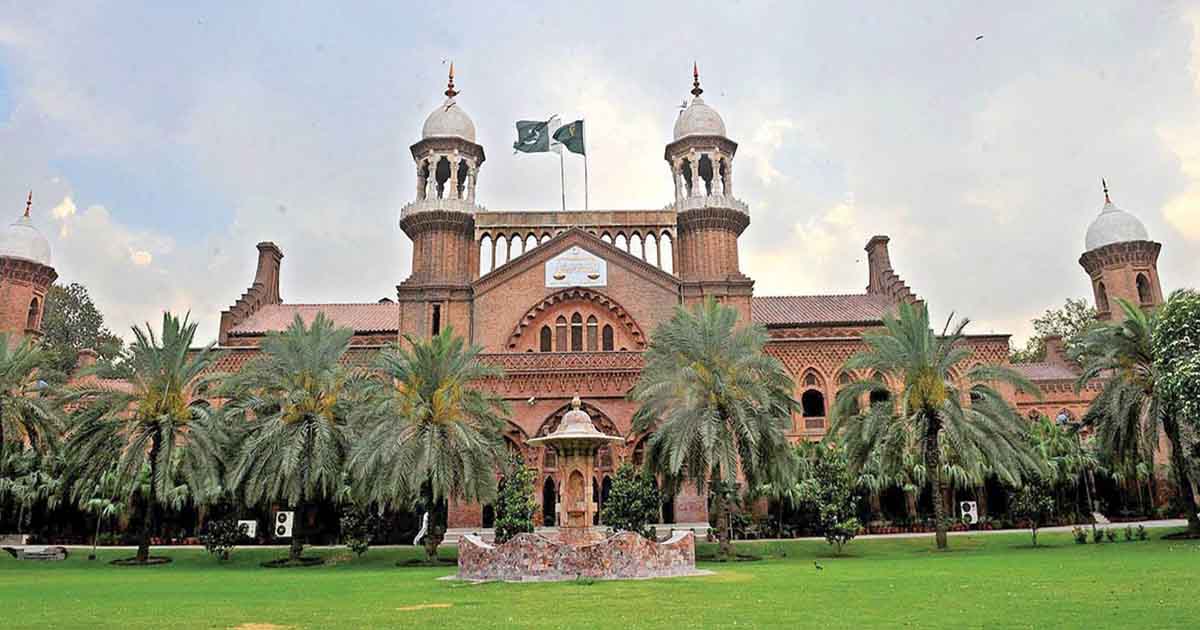Statistics indicate that the Pakistan Muslim League Nawaz (PML-N) and its allies’ candidates won by a wider margin in by-elections than in the general elections held in Kasur and Lahore.
Because the PML-N and its allies kept the seats they had previously lost, their victories in Lahore and Kasur are not particularly noteworthy.
However, their lead over their runners-up is greater than the lead their previous winners had in general elections, which is something their leaders and employees should be proud of, especially in light of the fact that their political rivals are holding nationwide demonstrations to protest the notion that their mandate was stolen in general elections.
Let’s examine fasts.
In the general elections, Maryam Nawaz emerged victorious in NA-119 Lahore-III, leading by 15,479 points, while in the by-polls, PML-N candidate Ali Pervaiz Malik triumphed over his opponent Shehzad Farooq by a margin of 26, 889.
Kasur II (NA-132) In the general election, Shehbaz Sharif was victorious against his adversary Sardar Muhammad Hussain Dogar, leading by 26,115. Meanwhile, in the by-election, PML-N candidate Malik Rasheed Ahmad defeated Dogar, leading by 55,869.
PML-N candidate Malik Riaz defeated PTI-backed candidate Muhammad Khan Madani in by-polls with a margin of 15,293, while PML-N candidate Hamza Shehbaz Sharif won by-elections in PP-147 with a lead of 5,339 over Madani.
In the general elections in PP-149, IPP candidate Aleem Khan defeated Zeeshan Rasheed, the candidate supported by the PTI, by a margin of 3,758. In the by-elections, IPP candidate Shoaib Siddiqui defeated Zeeshan Rasheed, the candidate of the SIC, by a margin of 21,522.
In general elections, Shehbaz Sharif of the PML-N defeated Muhammad Yousaf, the candidate supported by the PTI, by a margin of 1,180 votes in PP-64, whereas Rashid Minhas of the PLM-N defeated Muhammad Yousaf, the candidate of the SIC, by a margin of 5,718 votes in by-polls.
The only constituency in the by-election where the PML-N candidate has a somewhat smaller margin of victory is PP-158. In general elections, PML-N candidate Shehbaz Sharif had defeated PTI-backed adversary Yousaf Ali in this constituency by a margin of 14,795 votes; however, in by-polls, PML-N candidate Muhammad Nawaz had defeated SIC candidate Moonis Elahi by a margin of 12,147 votes.
The PML-N leadership attributes this win to its economic policies, particularly to the steps made by Punjab Chief Minister Maryam Nawaz, like the Ramazan Nigehban Package and the lowering of roti and naan prices.
The government’s dynamic economic policies, according to a statement from Prime Minister Shehbaz Sharif, are what allowed the PML-N to win the by-election by a landslide.
PML-N leader Atta Tarar had stated that the public trusted the administration and appreciated its people-friendly actions, rejecting the PTI’s “confrontation” politics.
On social media, Punjab Chief Minister Maryam Nawaz greeted the party members and declared that the PML-N is the genuine representative of Pakistan’s people.
She claimed that the PTI’s allegations that the elections were rigged were refuted by the results of the by-elections.
Conversely, Sunni Itehad Council (SIC), which was formed through a merger with PIT, did not receive the same level of public support in by-polls as its candidates did in general elections.
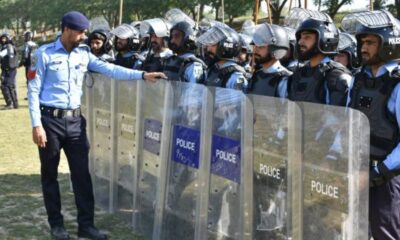
 Latest News1 day ago
Latest News1 day ago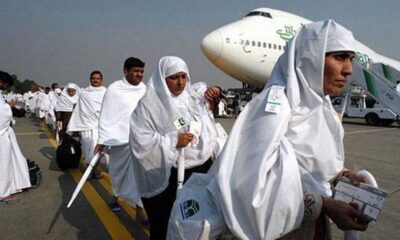
 Latest News1 day ago
Latest News1 day ago
 Latest News1 day ago
Latest News1 day ago
 Latest News1 day ago
Latest News1 day ago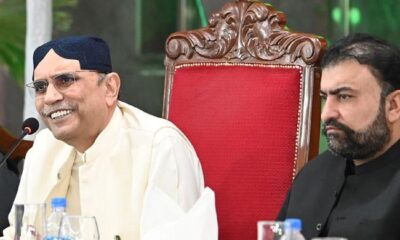
 Latest News2 days ago
Latest News2 days ago
 Education2 days ago
Education2 days ago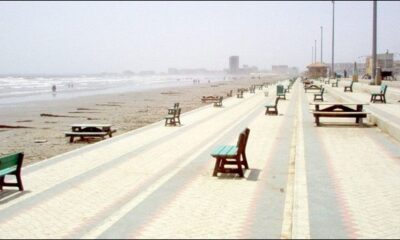
 Latest News2 days ago
Latest News2 days ago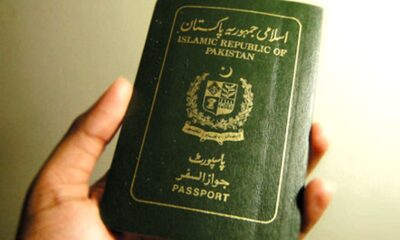
 Latest News2 days ago
Latest News2 days ago
